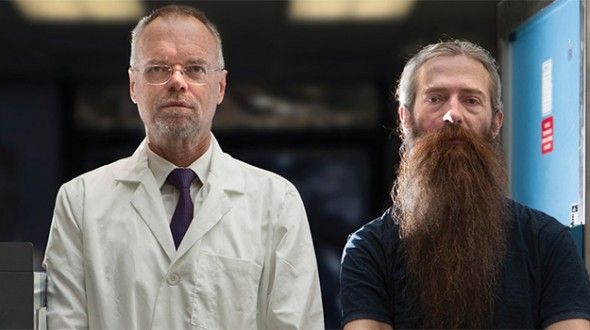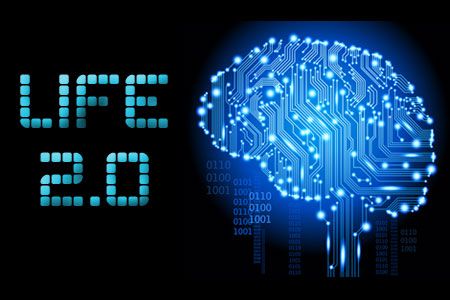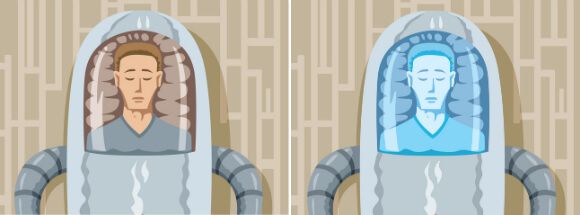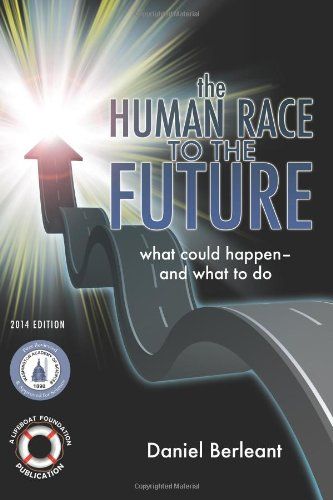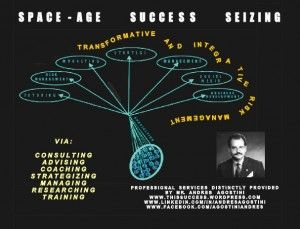Jul 12, 2014
Online anonymity, privacy, and longevity
Posted by Marios Kyriazis in categories: life extension, privacy
Or: Relinquish your privacy if you want to live longer
At first, it may appear strange to suggest that living longer has something to do with using pseudonyms online. However, it is true. I am suggesting that people who are well known online, those who are hyper-connected, and those who facilitate others to have access to relevant and meaningful information, are more likely to live longer.
It works like this: Humans are continually evolving and adapting to their environment. Our current environment is one of technology, digital communication, intense information-sharing and hyper-connection. Within this society we are exposed to vast amounts of both trivial and relevant information, which reaches our brain and may alter our basic biology causing a series of beneficial cellular and molecular changes which promote healthy lifespan (http://benthamscience.com/journal/abstracts.php?journalID=ca...=122290").
Looking at this from a different perspective, it is known that agents which are useful to the collective are retained longer within the system (http://xxx.tau.ac.il/abs/1402.6910). This can be true of any agent (i.e. any autonomous actor) such as a computer node, a human neuron, or an entire human. In this case, humans are digitally connected to other humans within a higher entity called the Global Brain (http://hplusmagazine.com/2011/03/16/francis-heylighen-on-the…l-brain/). The more well-connected you are, and the more useful you are to the evolution of the Global Brain, the more likely it is that you will be retained by the system, i.e. you will live longer within this system.
Continue reading “Online anonymity, privacy, and longevity” »
